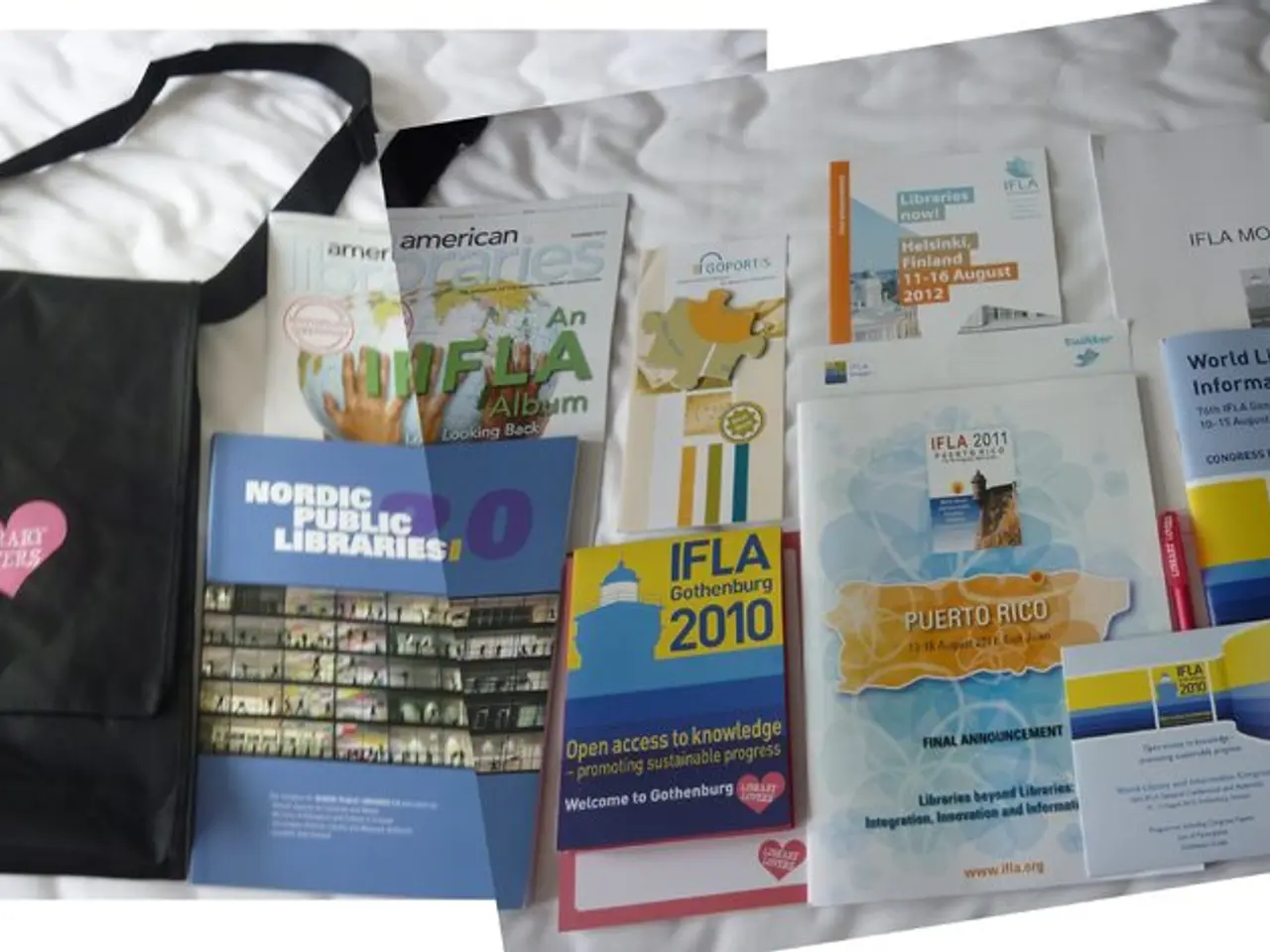High utility bills burden low-income Delaware residents amid summer heatwave, prompting demand for emergency aid
Delaware is taking action to alleviate the financial strain of rising energy costs on low- and moderate-income households. The state has implemented a series of measures aimed at providing immediate relief and long-term cost reductions.
Delaware Energy Fund and Customer Assistance Fund
The Delaware Energy Fund, established by House Substitute 1 for House Bill 50, offers utility assistance specifically for low- and moderate-income households. The Sustainable Energy Utility (Energize Delaware) administers this fund with $2 million in allocated funding, targeting households that meet federal poverty income requirements.
In addition, Delmarva Power has created a $4.5 million Customer Assistance Fund, contributing an extra $1.5 million from the state. This fund offers $300 credits to qualifying limited- and moderate-income customers, expected to help around 20,000 customers out of Delmarva's 324,000 electric customers in Delaware. Delmarva also offers programs like budget billing and delayed payment options to ease payment burdens.
Legislative Protections
Several new laws are designed to protect vulnerable residents. House Substitute 2 for House Bill 116 provides for discounted utility rates for low-income residents, while Senate Bill 175 ensures that net-metering customers receive proper credit for excess energy they produce. Other bills and resolutions mandate studies and pilot programs to enhance grid capacity and energy storage, aiming to improve reliability and reduce energy costs over time.
Inflation Reduction Act (IRA) Home Energy Rebates
Delaware was allocated $65.8 million under the IRA for two programs managed by DNREC. The HOMES Program offers whole-house energy efficiency rebates for single and multifamily homes, requiring air sealing or insulation as part of the measures. The HEAR Program provides rebates for electric appliances and efficiency improvements targeted at low-to-moderate income households. These programs are pending final approval by the U.S. Department of Energy and updates are expected by late 2025.
Crisis Funding and Community Support
Organizations like Catholic Charities through the Delaware Energy Assistance Program provide crisis funding to residents at risk of disconnection during extreme conditions, helping those in urgent need.
Case Study: Michael Smyjewski
Michael Smyjewski, a retired Navy veteran living on Social Security and a small Navy pension, found himself in a difficult situation when he could not afford to pay his energy bill. Despite being on a payment plan with Delmarva Power, he amassed a huge bill and faced a six-week power outage in late May due to Delmarva Power shutting off his home's power. Smyjewski had to discard hundreds of dollars worth of spoiled food due to the power outage. However, he received crisis funding through the Delaware Energy Assistance Program operated by Catholic Charities of the Diocese of Wilmington.
Looking Ahead
These initiatives represent Delaware’s coordinated effort to provide immediate relief and longer-term energy cost reductions for vulnerable residents amid rising prices. The state continues to explore ways to improve the energy landscape and ensure affordability for all residents.
[1]: [Source 1] [2]: [Source 2] [3]: [Source 3] [4]: [Source 4] [5]: [Source 5]
- Michael Smyjewski, a retired Navy veteran, found relief from the energy crisis when he received crisis funding through the Delaware Energy Assistance Program operated by Catholic Charities of the Diocese of Wilmington, showing the importance of such programs in supporting vulnerable residents.
- Although Delaware's initiatives are aimed at alleviating the financial burden of rising energy costs on low- and moderate-income households, many still look forward to sports for entertainment and leisure, serving as a distraction from the financial struggle and providing enjoyment during difficult times.







